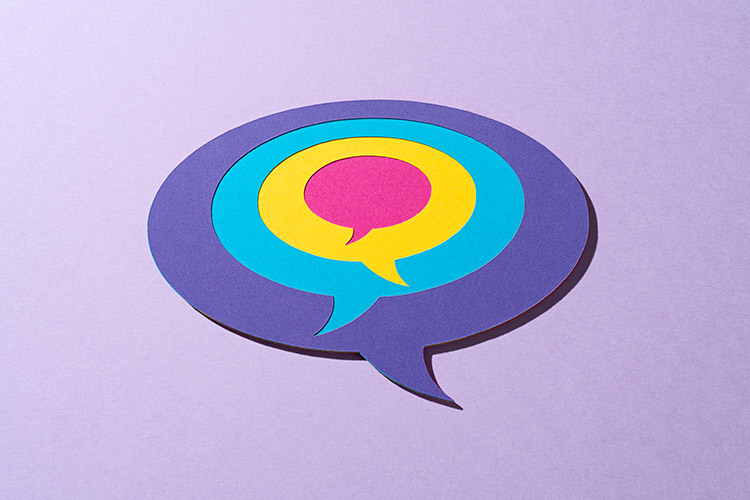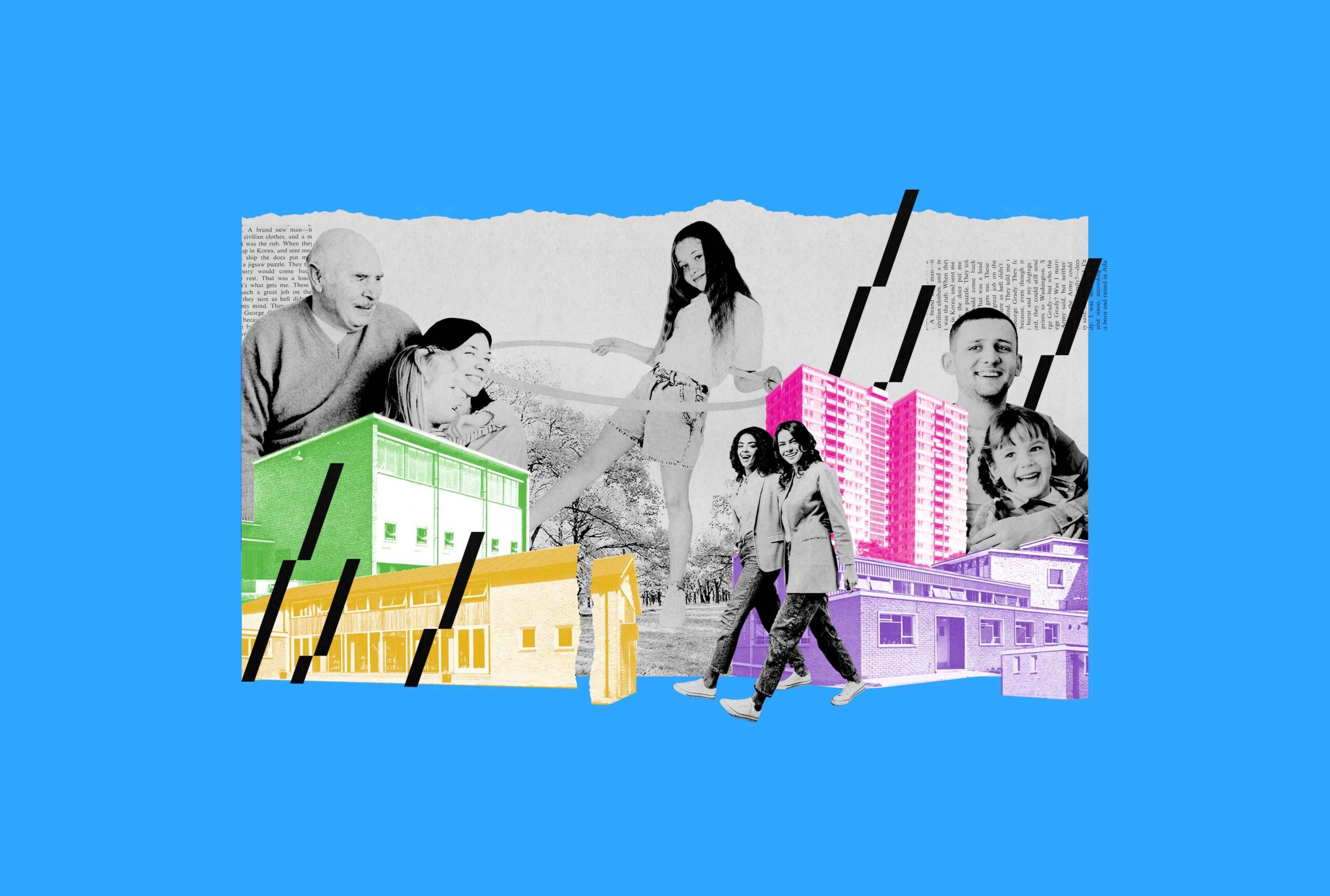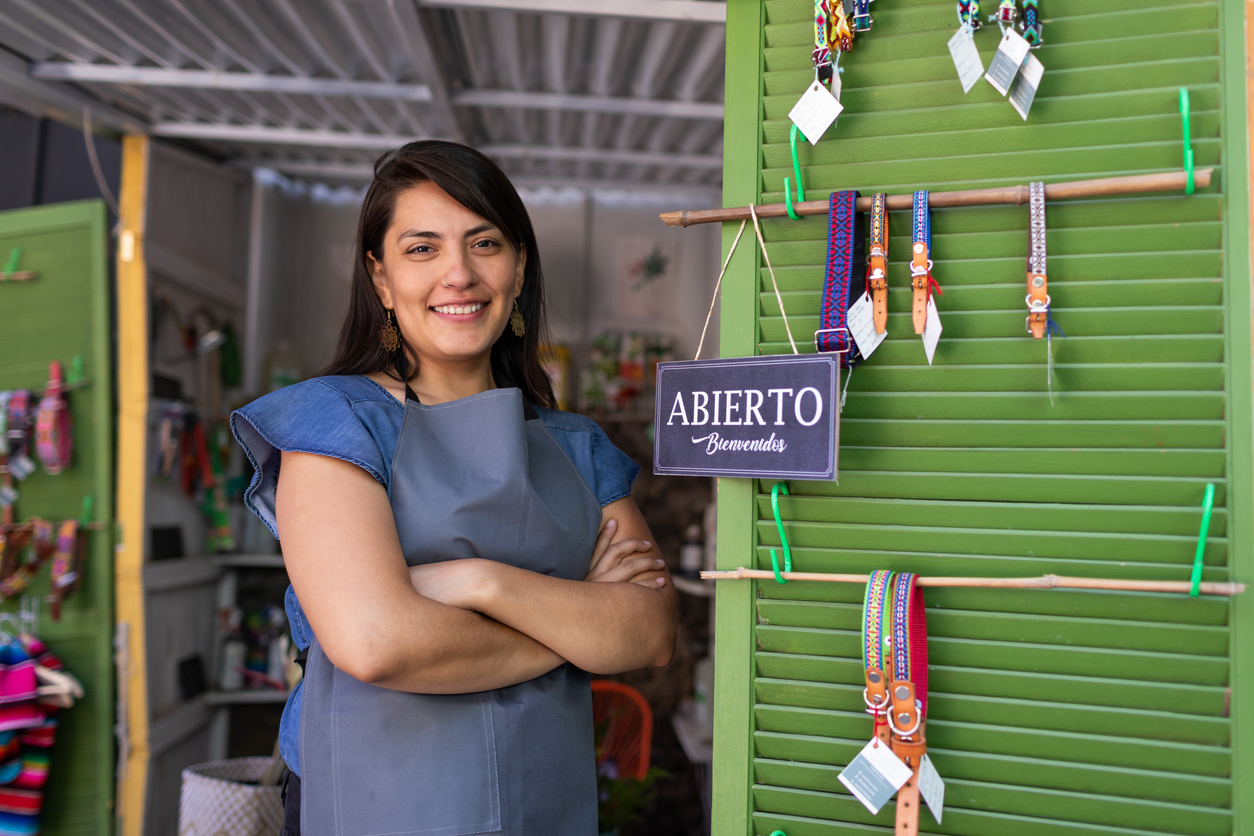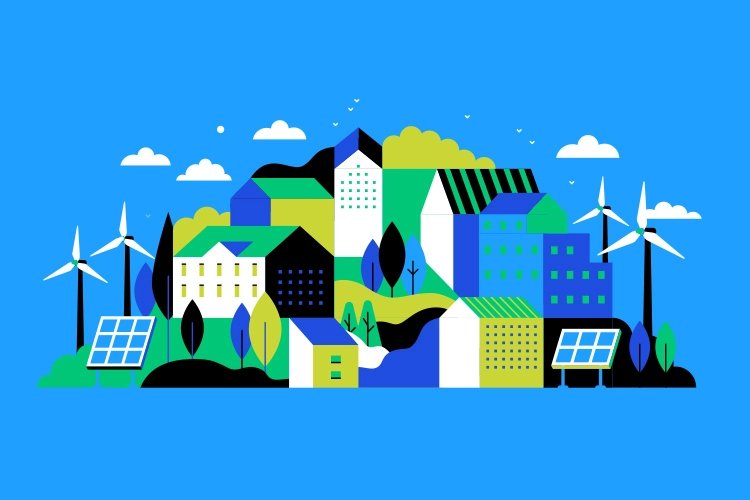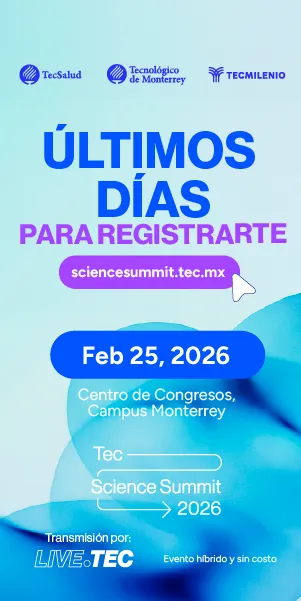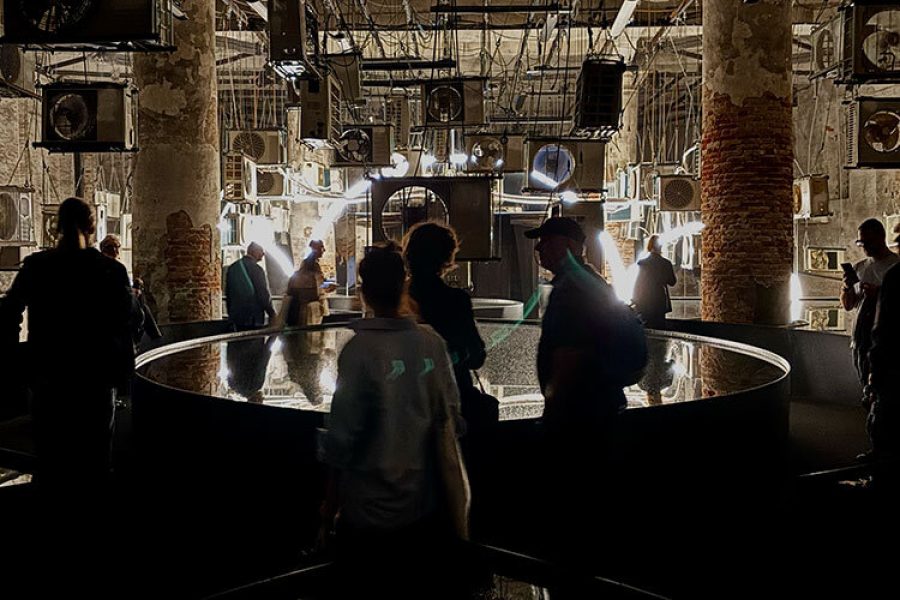Every month, hundreds of women gather alongside researchers, professors, business leaders, and public officials with one goal in mind: to boost their economic development and empower themselves. These are the Women’s Circles, an initiative that’s part of the Monterrey Economic Innovation Hub, aimed at making visible and valuing the economic contributions of women in society.
Roughly 200 participants come together to address topics such as gender equality and gender-based violence, entrepreneurship with a gender perspective, leadership, and personal growth, explains Alma Yadira Bayona, director of the hub and head researcher at the Center for Conscious Enterprises.
In addition to talks featuring international guests such as Carolina Nieto, General Director of Ashoka México, Central America, and the Caribbean, and María De Barbieri, Director of the Economic Innovation Hub in Uruguay, participants receive hands-on training through practical workshops that equip them with the tools to start their businesses and recognize the economic and social value of their efforts.
“At the end of each session, we ask them to fill out a survey—but it’s not just to find out if they liked the event or not. It’s a scientific tool to measure the progress of these women,” Bayona explains, pointing out that the Circles are part of a formal research project focused on women’s entrepreneurship.
Beyond the topic of female entrepreneurship, the hub also explores other lines of research such as circular economy, conscious capitalism, and social innovation, among others. These initiatives are rooted in the concept of triple-impact entrepreneurship and combine research with action. The hub also serves as a collaborative space where private sector representatives, government, and academia come together to develop initiatives that tackle global challenges, always starting from a local perspective—beginning with Nuevo León.
What Is Triple-Impact Entrepreneurship?
The Monterrey Economic Innovation Hub is a program run by the Department of Entrepreneurship at the Business School, backed by funding from Canada’s International Development Research Centre (IDRC). The initiative draws inspiration from the concept of triple-impact entrepreneurship, which defines B Corporations—businesses that not only drive economic growth but also promote social well-being and protect the environment.
“This funding was designed so that we, as researchers, can identify which elements and stakeholders need to be mobilized in order to spark real change on issues like water and air quality, gender-based violence, and equality, among others,” explains the director.
The hub carries out its research through a multidisciplinary team that brings together experts in sustainable finance, social entrepreneurship, educational innovation from the Institute for the Future of Education, public policy, and conscious capitalism. The project includes 12 faculty researchers from the Tec de Monterrey Business School, as well as collaborators from other institutions such as the Universidad Autónoma de Nuevo León, the Universidad de Monterrey, and the Universidad Regiomontana.
Additionally, the initiative is supported by an advisory board tasked with evaluating its progress. This board includes public sector workers specializing in social innovation, members of national chambers of commerce, civil society organizations focused on sustainability and equity, and business leaders with experience in circular economy practices.
The Monterrey Economic Innovation Hub is also part of a broader ecosystem across Latin America, collaborating with similar hubs in Chile, Argentina, and Uruguay.
The Hub’s Lines of Research
The hub’s research efforts are grounded in the principles of triple-impact entrepreneurship. According to its director, the team has set an ambitious goal: to publish at least six research articles each year based on these research-action lines:
- Women’s Entrepreneurship
The Women’s Circle sessions are part of this research line. Alongside these gatherings, a group of researchers is analyzing social programs such as “Cuidemos, Banco del Tiempo,” implemented by the municipality of San Pedro Garza García.
Their aim is to quantify and highlight the value of unpaid caregiving work carried out by women and to provide evidence of its impact on local economies and social development.
- Circular Economy
In this area, the research team examines how companies are adopting circular economy models—for example, by reducing waste and revaluing discarded materials—and how organizations are seeking to create an impact that goes beyond financial profits.
Their studies focus on the social and environmental benefits that can arise from these business practices.
- Conscious Capitalism
In collaboration with the Center for Conscious Enterprises, the team investigates how companies are embedding the principles of Conscious Capitalism into their strategies—principles that emphasize purpose, ethics, and social responsibility.
Their research relies on metrics such as ESG (Environmental, Social, and Governance) reports and indicators to assess the positive impact of these companies.
- Educational Innovation in Triple-Impact Entrepreneurship
Drawing from the research conducted by the hub’s team, this line of work focuses on developing teaching materials that incorporate a sustainability perspective into academic programs. The goal is to equip students and graduates with the knowledge to propose solutions across disciplines and business models.
Among the projects launched by the hub is a diploma program in sustainable leadership, aimed at small and medium-sized enterprises. These businesses, as suppliers to larger organizations, are increasingly required to meet international standards for triple-impact practices.
The hub has also created a manual designed to guide and facilitate collaboration among the public, private, and social sectors. This tool helps these sectors align their resources and capacities around common goals and initiatives with the potential to drive meaningful social, economic, and environmental change.
A Regional Ecosystem with Global Impact
Other key research lines include Social Economy, which focuses on business models that prioritize social and community well-being while balancing economic goals and positive societal impact; Sustainable Entrepreneurship, aimed at fostering economically viable businesses that adopt environmentally responsible practices; and Social Innovation, which explores how B Corporations and other social innovations can help build a more conscious and responsible economy.
Currently, the Monterrey Economic Innovation Hub operates from a physical space on the second floor of EXPEDITION FEMSA, located in the Monterrey Innovation District. For now, its efforts are primarily focused on the state of Nuevo León. However, Bayona hopes that, over time, the lessons and strategies developed through these research lines can be replicated in other regions across the country—and even scaled nationally.
“The hub is an open space where new business models and projects can emerge—from circular economy initiatives to women’s entrepreneurship or social economy ventures—that respond to today’s challenges with a sustainable development mindset. We want any citizen with an innovation that has a positive impact to see us as allies, both as researchers and entrepreneurs, to help make it happen,” the director says.
Did you find this story interesting? Would you like to publish it? Contact our content editor to learn more at marianaleonm@tec.mx
